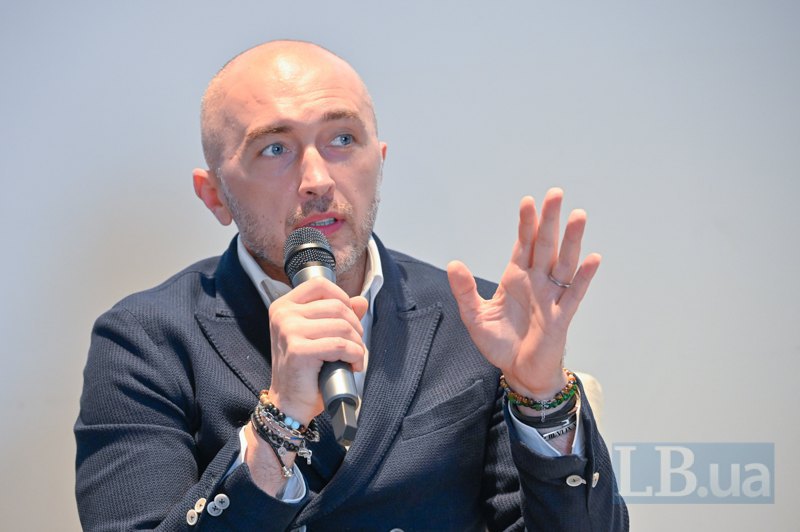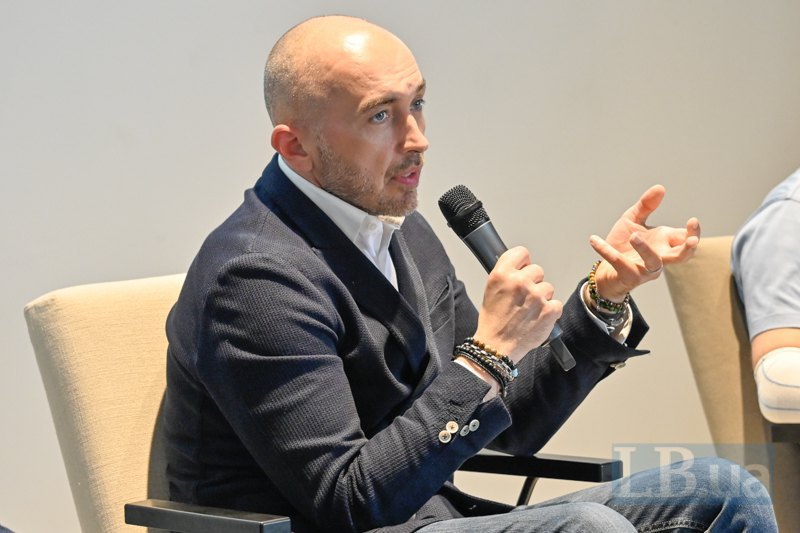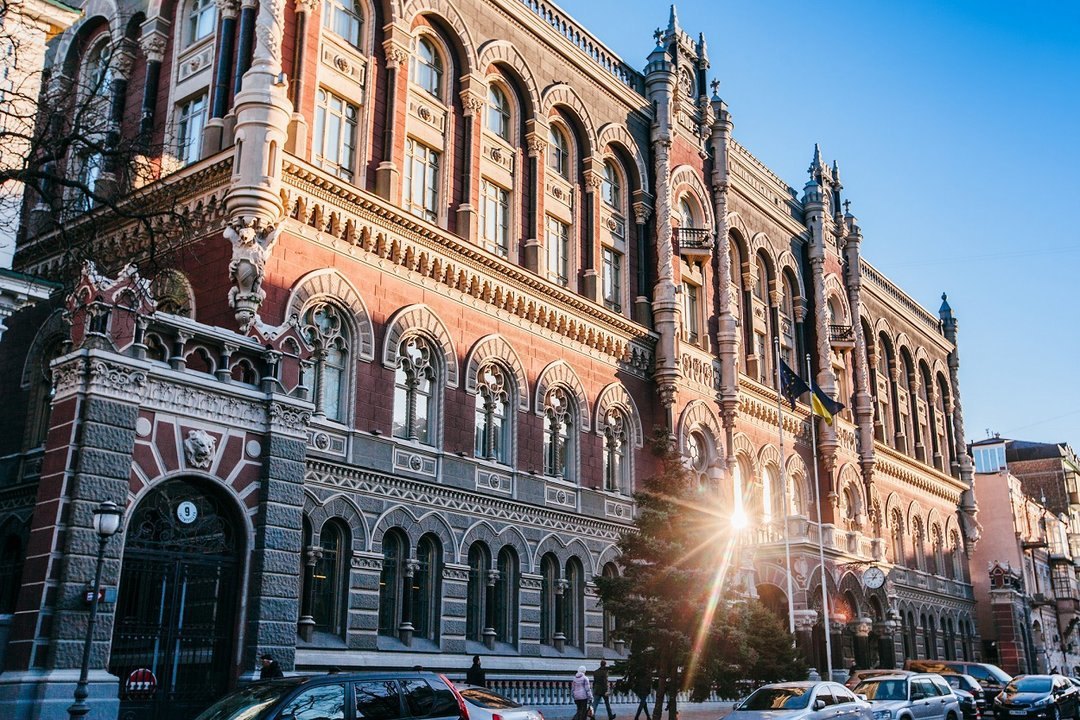
"The NBU did a series of studies rather than just one. Central to these studies was the idea that Ukraine is obviously the recipient of a huge, unprecedented amount of assistance – financial, military, and technical. Instead, we wondered whether the Ukrainians who were forced to leave for Europe were really a burden? Is the military aid that comes to Ukraine really just an expense or charity? Are we really just consuming support without offering anything in return? Why is it important to answer these questions? Well, first, in order to assess the real value of what we not only receive, but what we give.
And, second, we must flesh our subjectivity out. Ukraine today obviously enjoys incredible influence in the international arena. Ukrainians today are a factor in global security. A factor in global politics. Often, it is a factor in domestic political processes," Pyshnyy said.
The Ukrainian migration flow triggered by the full-scale invasion is the largest since World War Two. According to the United Nations, the number of Ukrainians who have been abroad in one way or another since 24 February 2022 is between 15 and 18 million. As of 15 July, 6.4 million of our citizens remain in Europe. And this is the figure that is taken into account when considering monetary decisions, the NBU governor said.
"Are Ukrainians merely a burden? No, they are not. By the way, Ukrainian migration allowed Poland to avoid a recession in 2022. Despite the significant tangible payments made to Ukrainians in the form of social assistance, the level of consumption maintained by Ukrainians allowed Polish entrepreneurs, the Baltic states and Germany to significantly support domestic markets.

Ukrainians, unfortunately, the most qualified part of our people, are beginning to assimilate there because they are offered competitive salaries. Some 40% of all enterprises registered by foreigners in Poland last year are enterprises and business entities established by Ukrainians," says Pyshnyy.
And it is becoming increasingly difficult to bring people back who have experienced living in European culture and adapting to difficult conditions, the NBU governor notes. However, according to him, one study has confirmed that refugees from Ukraine cite homesickness rather than economic hardship as the primary reason for returning home.
"I have repeatedly seen people who left because they were fleeing the war, trying to protect themselves and their children, straighten up when they return to Ukraine, start breathing deeply, smiling to themselves. Because they are actually at home. But one way or another, we will now have to compete for these people. And this competition will not be easy," says Pyshnyy.
What can the homeland offer them? A systemic migration policy.
"As the head of the National Bank, I cannot say and should not say anything else, except that the necessary – unfortunately, insufficient – but necessary condition for their return will be ensuring price, exchange rate, macroeconomic and financial stability.

No-one will return into the crisis, no-one will want to return into the crisis. The security factor is number one, and God forbid we add to it the lack of macroeconomic and financial stability... Any solution, any programme is based on a significant reduction or complete mitigation of security risks. If this does not happen, we will not return anyone. Missiles will fall on their heads, mothers will be afraid to bring their children back. Children will form their social environment there and stay there. The centre of vital interests will be where the children are. For a man, the centre of his life interests is where his wife and family are. This is a serious challenge. And they can only be brought back here if our Armed Forces do what we all hope they will do," the NBU governor said.
What the regulator is doing to bring people back is "macroeconomic stability, financial stability at a level that is surprising, including to our international partners".
"Today I am hosting delegations that are inquiring about technical assistance from the central bank in terms of how we are doing it. Over the past nine months, inflation has fallen from 30% to 12.5%. There is no multiplicity of exchange rates. We are moving to a strategy of currency liberalisation in the context of a full-scale war. We are trying to return to the usual, normal conditions.
We are discussing a return to flexible exchange rates and inflation targeting. These are things that are very distant goals for many countries even without war. This is happening today," Pyshnyy said.
He desribes the adaptability of Ukrainian business "incredible, fantastic, and absolutely unreal". And the Ukrainian banking system functions smoothly under any conditions.

"A week ago, we adopted a strategy for the development of the financial sector. This means we understand what needs to be done. Are we waiting for a victory to do it? No, we are not. We open the strategy, and it clearly states what we are doing on the way to victory, what we are doing after victory.
The strategy is an actual, very clearly formulated document with 24 strategic goals... And I am ready to announce this now. The NBU is starting to work on a strategy for resuming the issuance of loans, a systemic lending resumption strategy. This is our joint task with the government. Today, the state owns five banks, controlling 56% of the banking sector. This includes the tools that can, should and even must be used to implement the strategy. Banks are overcapitalised, banks show record profits, and this is not because of the good life, but because credit demand is depressed.
We understand that having created a plateau of stability – and it is there, and I hope there will be good news in the near future – it now needs to be converted into concrete, quick economic solutions, which I would like to base on a recovery plan. Restoration, reconstruction, whatever you want to call it," Pyshnyy said.
He concludes: "The European Commission tells [us] to be ambitious in terms of the development plan. They do not want to see poor countries in the EU. And this is a challenge for me, as the NBU governor, because it means rapid growth with all its challenges. But I understand that there is no way around it. And this is the new country we are talking about."








